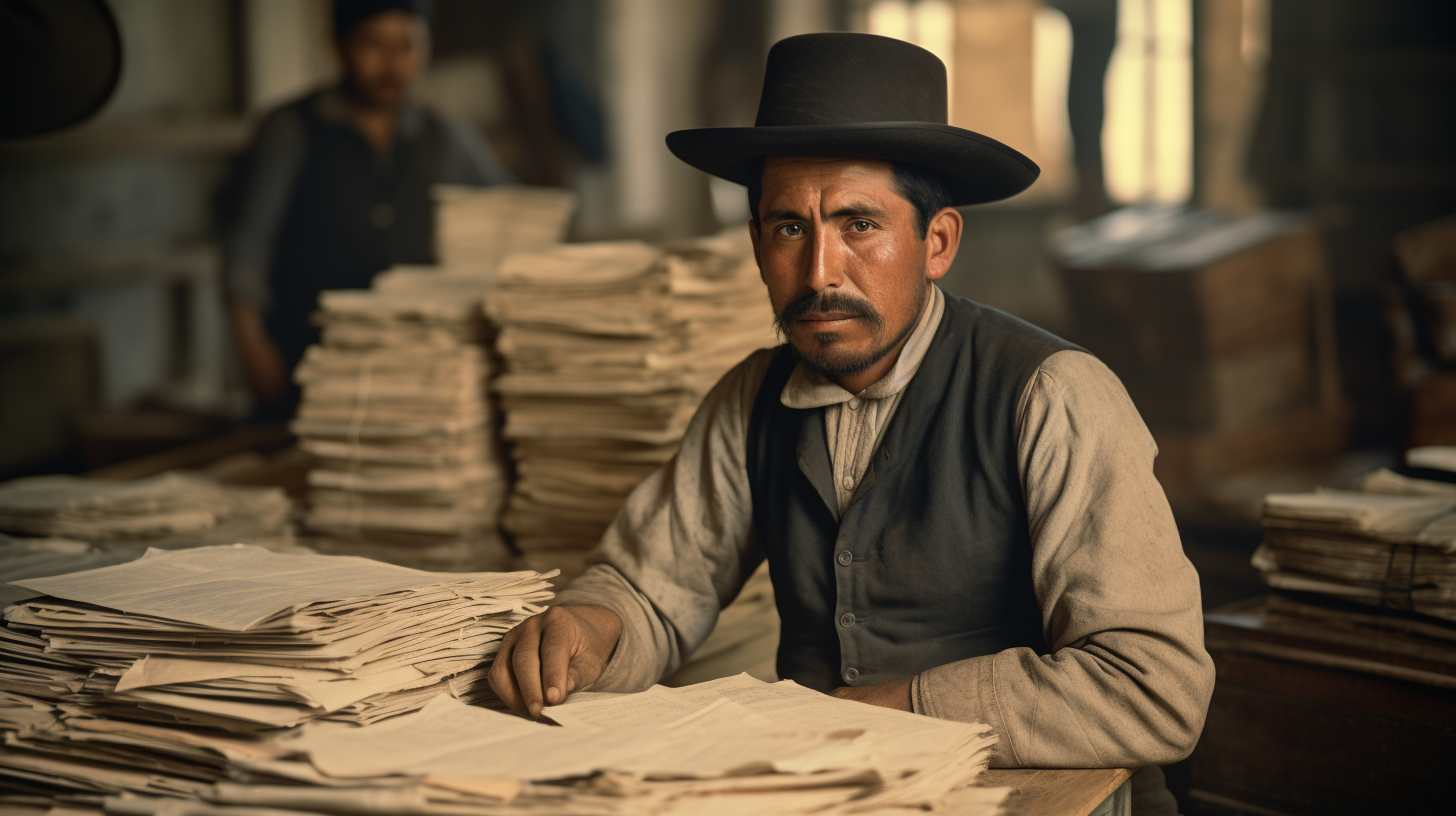
FAQs
Frequently Asked Questions
-
Mexico is home to numerous indigenous groups, each with its own unique culture, language, and history. Prominent groups include the Nahuas, Mayas, Zapotecs, Mixtecs, Otomís, Totonacs, and many others.
-
Understanding pre-colonial history offers insights into the rich civilizations that existed before European conquest, highlighting their advancements in various fields, societal structures, and philosophies that continue to influence contemporary society.
-
Common misconceptions include the idea that all indigenous people are the same, that they are "a thing of the past," or that their cultures are not dynamic and evolving. Indigenous cultures in Mexico are diverse, contemporary, and resilient.
-
The term "Aztec" originates from "Aztlán," the mythical place of origin for several ethnic groups in central Mexico. However, this term became popularized by Western scholars and is not what these groups originally used to describe themselves. The people commonly referred to as "Aztecs" actually called themselves "Mexica." While "Aztec" is widely recognized, there's an ongoing scholarly discussion about its accuracy and appropriateness.
While we acknowledge that no term is perfect and every label comes with its historical baggage, the widespread recognition and understanding of the term "Aztec" facilitate communication and education. Changing such established terminology requires a broad consensus, not just within the academic community, but also at the societal level. It's a process that goes far beyond the scope of individual preferences or the findings of specific studies.
We're committed to an accurate and respectful representation of all cultures and histories. Still, we also must consider practicality, recognizability, and the potential confusion that significant changes in terminology could create among the public.
-
Efforts to preserve indigenous languages include educational programs, cultural initiatives, bilingual schooling, and the use of technology and media. However, many languages are endangered and require increased support and resources.
-
Common misconceptions include the homogenization of diverse cultures into one group, the belief that these cultures have vanished, and the undervaluing of their contributions to art, science, and literature. Indigenous Mexican cultures encompass a wide range of distinct groups with their languages, traditions, and histories.
-
Many Indigenous communities actively preserve their heritage through traditional ceremonies, language conservation efforts, culinary traditions, art, storytelling, and more. They also advocate for their rights, lands, and cultural recognition at both national and international levels.
-
The website consults reputable sources, collaborates with scholars, and continually reviews and updates its content to ensure it accurately reflects the diverse cultures, histories, and contemporary realities of Indigenous peoples in Mexico.

